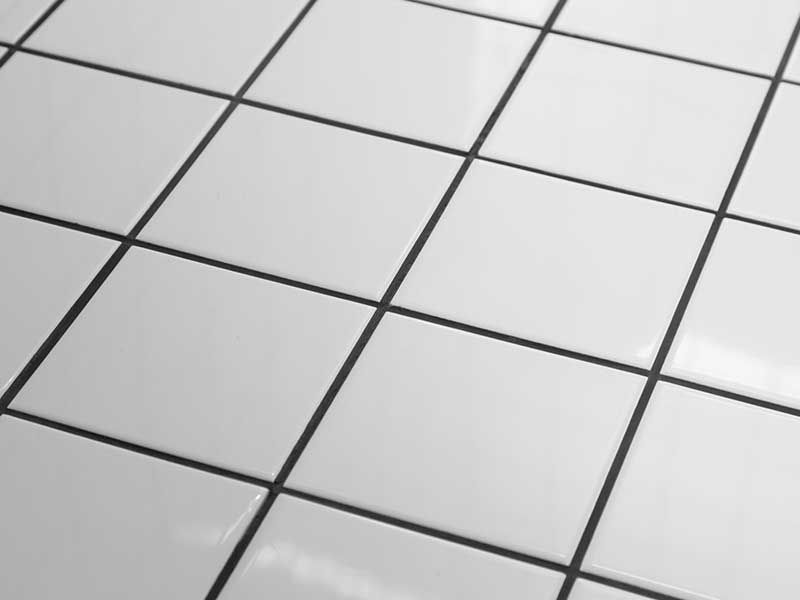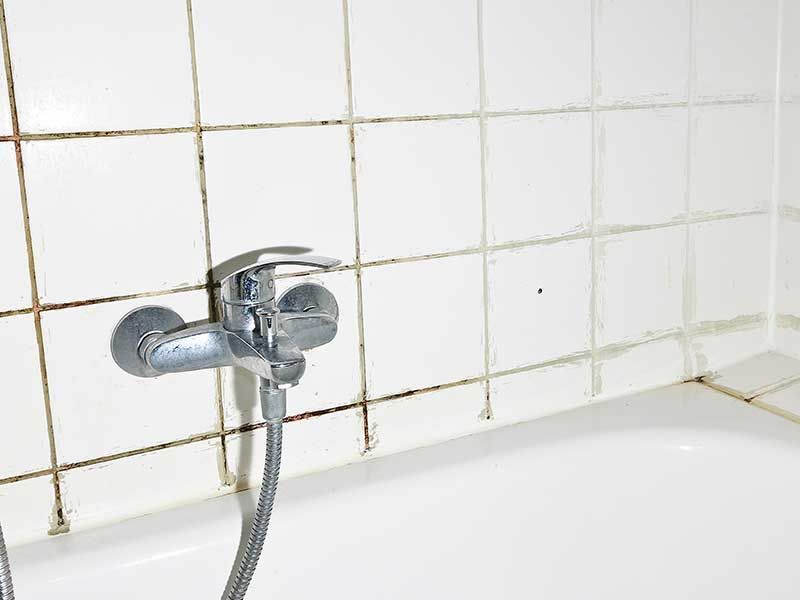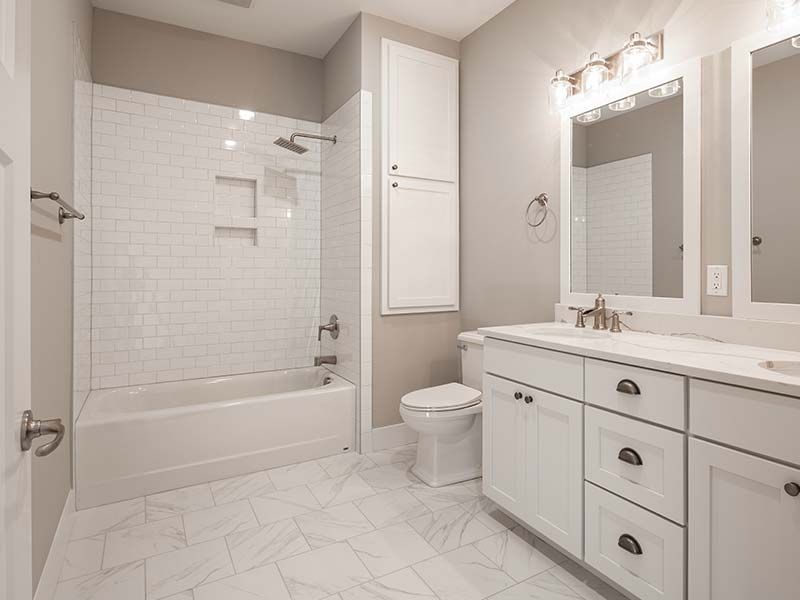
Types Of Tile And Grout In Your Home
When it comes to tile and grout there are many different types that you will find inside a home or business. From ceramic to porcelain tiles, which are the most common, to glass, stone or cement, they all have their own unique benefits. Some are easier to clean and last longer while others look better or are more cost effective. If you are wondering what tile and grout is in your home and how best to keep it clean and well kept, you can use this as a guide for the ins and outs of different kinds of tile & grout!
The Most Common Types Of Tile & Grout
Ceramic Tile
First we will look at the most common type of tile found in homes and businesses: ceramic tile. Known for its durability, ceramic tile is so common because it is easy to install, easy to clean and can be found in almost any style and color. You also have the option of getting glazed tile that has the added benefit of being more durable. Overall, ceramic tile is both versatile and simple to care for. Washing weekly with a store bought cleaner or basic water and vinegar solution can maintain them over time and having a professional cleaning every six months is more than sufficient!
Porcelain Tile
The next most common type of tile and grout is porcelain. Now you may think that this is the same as ceramic tile but it has a few key differences:
It can often be used outside as it withstands weather and adverse temperatures.
It is fade and crack resistant so it is also often used in high-traffic areas.
It can mimic wood or stone textures while also needing less upkeep.
Porcelain, while being slightly more expensive but still economic, is still a regular choice for many homes. Keeping porcelain clean is also relatively simple and only needs weekly maintenance.
Glass Tile
Glass tile provides a clean and minimalist look to any home but is much less common due to it’s biggest drawback, being fragile. You will likely never see glass tile used for floors as it chips extremely easily, but is often used in sink backsplashes. It does however clean extremely easily. Simply wiping it down regularly and using simple cleaning methods like soap and water will be sufficient for glass tile.
Cement Tile
Next we will look at a more traditional tile type that isn’t found in many buildings anymore. Cement tiles come in extremely varied and beautiful styles. They also have the benefit of being able to be sanded and resealed, much like wood floors, if they begin to lose their coloration. However, because they are so porous it means that they need a bit of extra care.
Protip: Resealing them on a monthly basis is important for maintaining their look and preventing stains.
Cleaning cement tiles can also be a challenge because they are sensitive to high pH solutions and can be scrubbed away if the cleaning device is too abrasive.
Marble Tile
Another less common type of tile is marble tiles. Marble offers a touch of elegance at the cost of durability. Like most stone-based materials it is extremely susceptible to scratches and stains. Because of this cleaning marble tile is also more of a chore if you want to keep them looking pristine. We recommend having them professionally cleaned more frequently and only using gentle methods for daily or weekly maintenance.
Another stone material, granite, is similar to marble in its look and feel but different in its price point. Cleaning granite tile also takes a bit more care.
Different Grout Materials
Aside from tile there are also three main types of grout that can be used. Usually what type of grout you have in your home is dictated by how thick the grout lines between the tiles are, but they all have their own care protocol.
Cement Grout
Typically used for tile that demands extra durability in the joints, cement grout can be divided into two subtypes. Sanded and unsanded.
Sanded grout- this is a mortar base that has sand added to it and is favored when the grout lines are above ⅛ of an inch. The presence of sand contributes to the overall strength and durability but it attracts dirt and is extremely absorbent.
Unsanded grout-similar to sanded grout this type is made of water, cement and non-sand particles. However it is better for grout lines under ⅛ of an inch. You would typically see this in bathroom floors and walls.
Furan Grout
Furna grout is more common in industrial spaces and likely won’t be used in homes. It is composed of polymers of furfuryl alcohol. This means that it is resistant to wear and tear as well as much more scratch resistant than concrete grout.
Epoxy Grout
Often the industries favorite type of grout, epoxy resins are mixed with hardeners to make an incredibly durable material that is suitable for almost all tile types. It is also very easy to clean on a regular basis.
Key Takeaways:
With a plethora of tile types like marble or porcelain, there are different considerations to how you clean your floors. In almost any case, weekly cleaning with soap and water can provide decent maintenance, but regular professional cleaning will ensure that more sensitive tile & grout types are kept in peak condition.
More Articles


